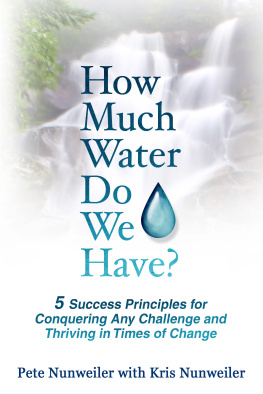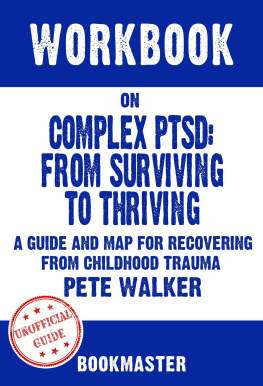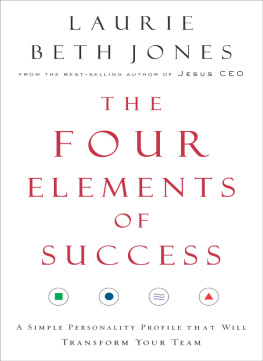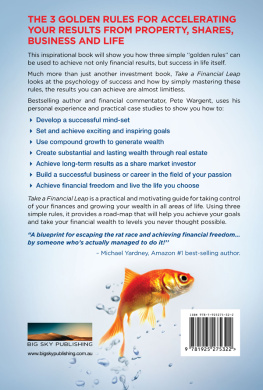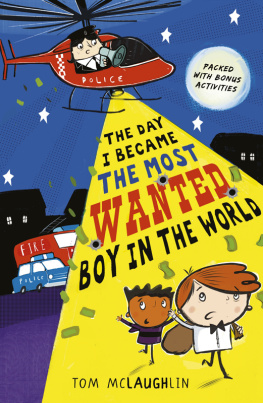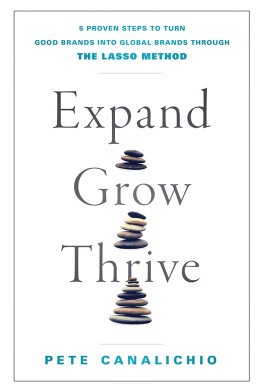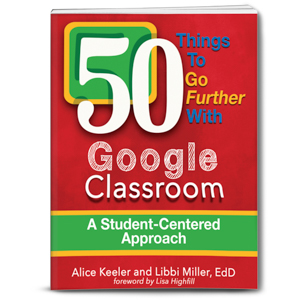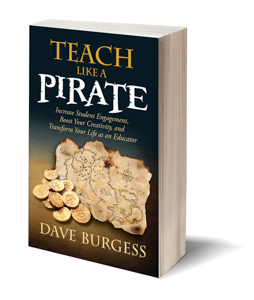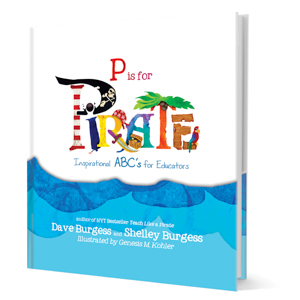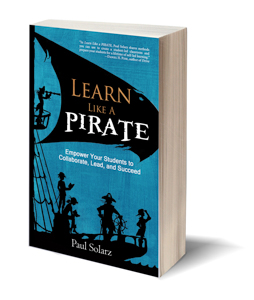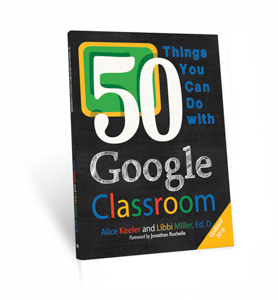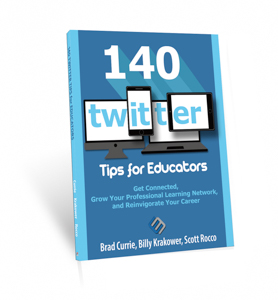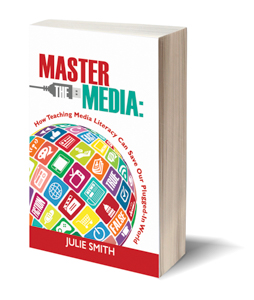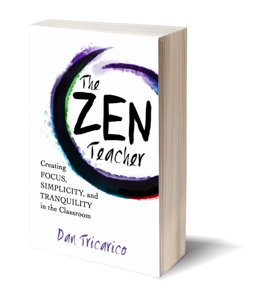Pete Nunweiler - How Much Water Do We Have?: 5 Success Principles for Conquering Any Change and Thriving in Times of Change
Here you can read online Pete Nunweiler - How Much Water Do We Have?: 5 Success Principles for Conquering Any Change and Thriving in Times of Change full text of the book (entire story) in english for free. Download pdf and epub, get meaning, cover and reviews about this ebook. year: 2016, publisher: Dave Burgess Consulting, Inc., genre: Romance novel. Description of the work, (preface) as well as reviews are available. Best literature library LitArk.com created for fans of good reading and offers a wide selection of genres:
Romance novel
Science fiction
Adventure
Detective
Science
History
Home and family
Prose
Art
Politics
Computer
Non-fiction
Religion
Business
Children
Humor
Choose a favorite category and find really read worthwhile books. Enjoy immersion in the world of imagination, feel the emotions of the characters or learn something new for yourself, make an fascinating discovery.
- Book:How Much Water Do We Have?: 5 Success Principles for Conquering Any Change and Thriving in Times of Change
- Author:
- Publisher:Dave Burgess Consulting, Inc.
- Genre:
- Year:2016
- Rating:4 / 5
- Favourites:Add to favourites
- Your mark:
How Much Water Do We Have?: 5 Success Principles for Conquering Any Change and Thriving in Times of Change: summary, description and annotation
We offer to read an annotation, description, summary or preface (depends on what the author of the book "How Much Water Do We Have?: 5 Success Principles for Conquering Any Change and Thriving in Times of Change" wrote himself). If you haven't found the necessary information about the book — write in the comments, we will try to find it.
In How Much Water Do We Have? Pete Nunweiler identifies five key elementsinformation, planning, motivation, support, and leadershipthat are necessary for the success of any goal, life transition, or challenge. Referring to these elements as the 5 Waters of Success, Pete explains that like the water we drink, you need them to thrive in todays rapidly paced world. If youre feeling stressed out, overwhelmed, or uncertain at work or at home, pause and look for the signs of dehydration. Learn how to find, acquire, and use the 5 Waters of Successso you can share them with your team and family members.
Pete Nunweiler: author's other books
Who wrote How Much Water Do We Have?: 5 Success Principles for Conquering Any Change and Thriving in Times of Change? Find out the surname, the name of the author of the book and a list of all author's works by series.

